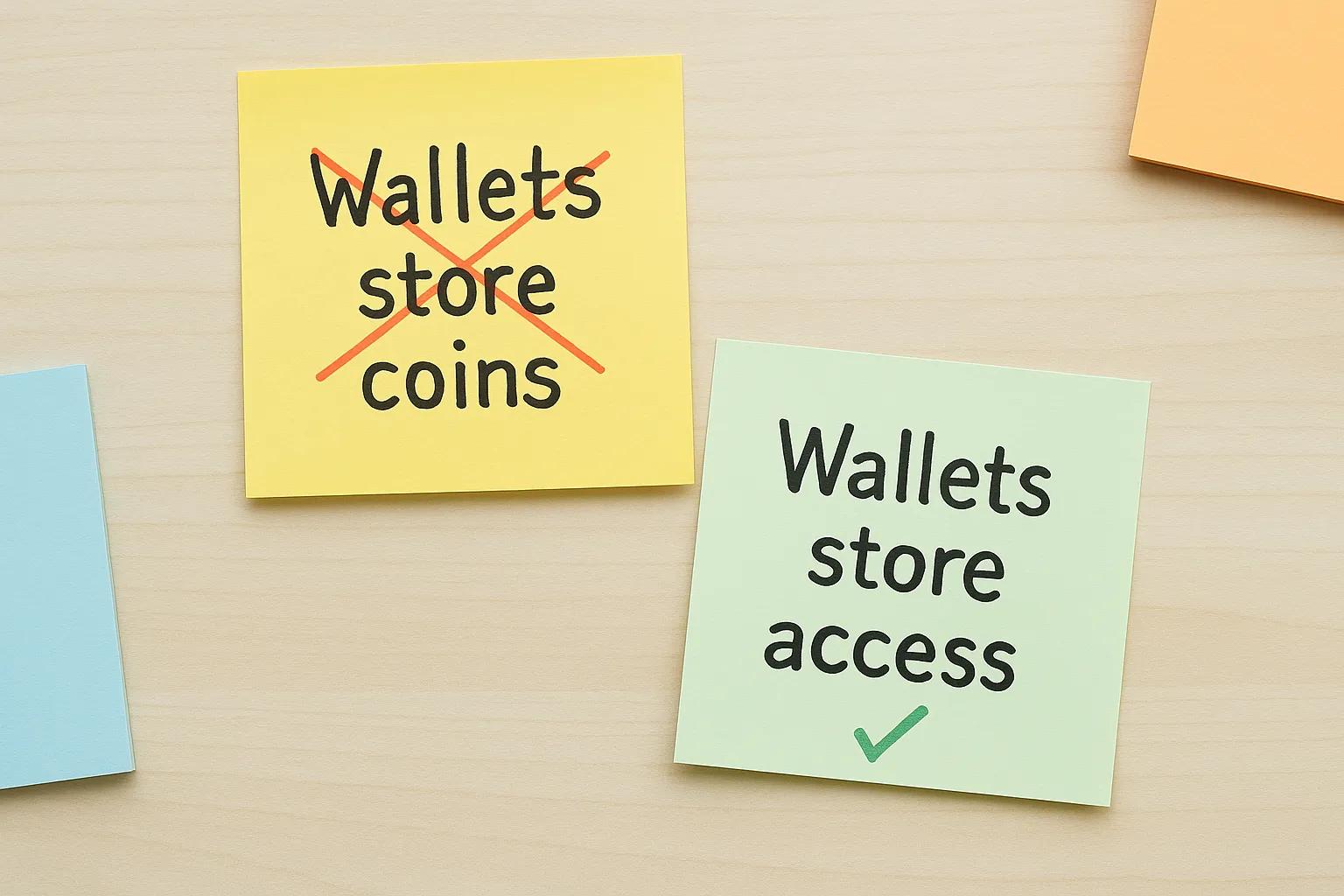How to choose a crypto wallet that fits your needs
From security risks to practical tools, this guide unpacks everything new users should know before managing funds on the blockchain

If you’re exploring cryptocurrency for the first time, understanding crypto wallets is essential. They’re not physical wallets, and they don’t store coins inside them. Instead, they’re tools that give you access to your digital assets on the blockchain.
What is a crypto wallet?
A crypto wallet allows you to send, receive, and store cryptocurrency. It’s your personal interface with the blockchain – like an online banking app, but without the bank.
Each wallet includes two parts:
-
Public key: This is your wallet address – safe to share and used to receive funds.
-
Private key: This is your password. It gives you full control over your crypto. If you lose it, your assets can’t be recovered.
Custodial vs non-custodial wallets
There are two main types of wallets, and the key difference is who controls the private key.
Custodial wallets
When you create an account on a crypto exchange like Binance or Coinbase, you’re given a custodial wallet. The exchange holds the private key for you.
Pros:
-
Easy to use
-
Recovery options if you forget your login
-
Feels familiar to traditional banking
Cons:
-
You don’t control your private key
-
Funds can be lost if the platform fails
-
Limited autonomy over your assets
Non-custodial wallets
Apps like Trust Wallet or MetaMask give you full control. You manage your own keys and approve transactions directly.
Pros:
-
You own and control your assets
-
No approval needed to move funds
-
Compatible with decentralized apps
Cons:
-
No recovery if you lose your key
-
Requires more responsibility
Beyond trading: real-world uses
Crypto wallets aren’t just for buying and selling tokens. They’re being used to:
-
Make payments in crypto-friendly cities
-
Send money across borders instantly
-
Provide financial tools to the unbanked
-
Interact with blockchain-based services like NFTs and decentralized finance
A note on AI in wallets
Some wallets are starting to integrate AI tools – offering features like transaction alerts, anomaly detection, and budgeting insights. These are still early-stage, but point toward more intelligent and secure user experiences.
Common myths
Myth: Wallets store crypto.
Fact: They store your keys. The assets live on the blockchain.
Myth: AI can predict markets.
Fact: No system can predict crypto prices with certainty.
Tips for wallet users
-
Never share your private key or recovery phrase.
-
Use wallets from trusted providers.
-
Back up your recovery phrase and store it offline.
-
Start with small amounts and build confidence over time.
Crypto wallets are the foundation of interacting with digital assets. Whether you’re sending a payment or exploring decentralized apps, your wallet is your key to the blockchain. Choosing the right type – and using it safely – is the first step to taking control of your crypto.




